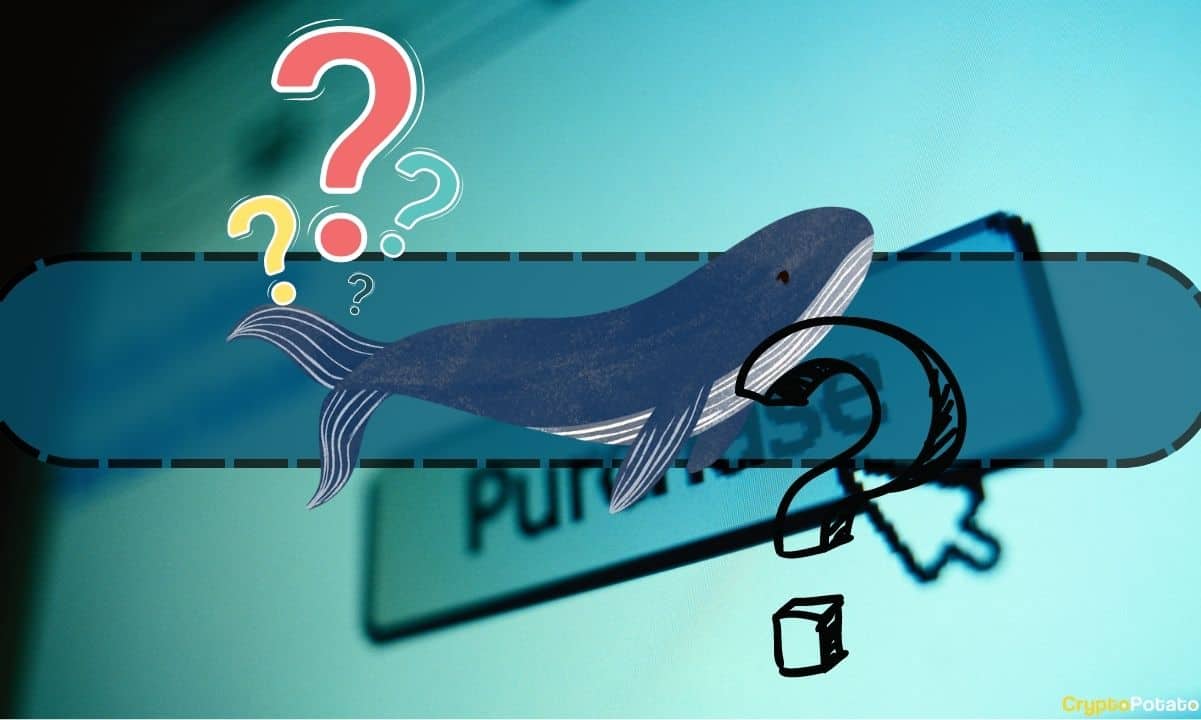EU Agrees on Hard-Hitting Crypto Regulatory Framework
On June 30, European Union policymakers hammered out an agreement on what will become the first major regulatory framework for the cryptocurrency industry.
The Markets in Crypto-Assets (MiCA) legislation will make things more challenging for crypto exchanges and stablecoin issuers operating in Europe.
Under the new regulations, stablecoin issuers such as Tether and Circle will be required to maintain reserves to meet any mass redemption requests. They could also face limits of 200 million Euros in daily transactions, according to CNBC.
Wild West of Crypto
The European Securities and Markets Authority (ESMA) has been given more powers to restrict or ban crypto companies that are not deemed to be doing enough to protect investors.
European Parliament policymaker Stefan Berger labeled the industry the ‘Wild West’ vowing to clean it up:
“Today, we put order in the Wild West of crypto assets and set clear rules for a harmonized market that will provide legal certainty for crypto asset issuers, guarantee equal rights for service providers and ensure high standards for consumers and investors.”
MiCA Trilog: Durchbruch! Europa ist der erste Kontinent mit einer Krypto-Asset Regulierung. Parlament, Kommission & Rat haben sich auf ausgewogene #MiCA geeinigt. Für mich als Berichterstatter war wichtig, dass es hier keine Verbannung von Technologien wie #PoW gibt /1
— Stefan Berger (@DrStefanBerger) June 30, 2022
There will also be environmental regulations, with crypto firms having to disclose their energy consumption. Additionally, they will have to detail how tokens impact the environment, which is unlikely to bode well for proof-of-work cryptocurrencies. A previous proposal to ban PoW mining in the EU was voted down in March.
Regulators were also concerned about anonymity and privacy-focused crypto assets, agreeing to reduce anonymity for such transactions. Money laundering is still a major concern for regulators, especially in light of the sanctions imposed on Russia.
There will be a 1,000 Euro limit for transactions between exchanges and individual un-hosted wallets; anything above this must be reported to the authorities.
Stablecoin Angst
EU lawmakers are particularly disturbed by stablecoins, especially since the Terra ecosystem collapse. “The EU is not happy about stablecoins generally,” said the secretary-general of crypto lobbying group Blockchain for Europe, Robert Kopitsch.
In a blog post on June 30, stablecoin issuer Circle reacted to the regulations. “Europe’s upcoming crypto-assets policy framework will be to crypto what GDPR was to privacy,” said Dante Disparte, chief strategy officer at Circle.
Today, the European Union are putting the pens down on MiCA, a comprehensive crypto markets regulatory framework covering the 3rd largest economic area in the world. Today we also launched Euro Coin (EUROC). Our thoughts: https://t.co/FlCIIV8dM8
— Jeremy Allaire (@jerallaire) June 30, 2022
The company generally welcomed the new regulations, however, even if they are designed to make life harder for stablecoin issuers. The new MiCA rules are expected to be rolled out by 2024, as the EU beats Uncle Sam in regulating the crypto industry.









